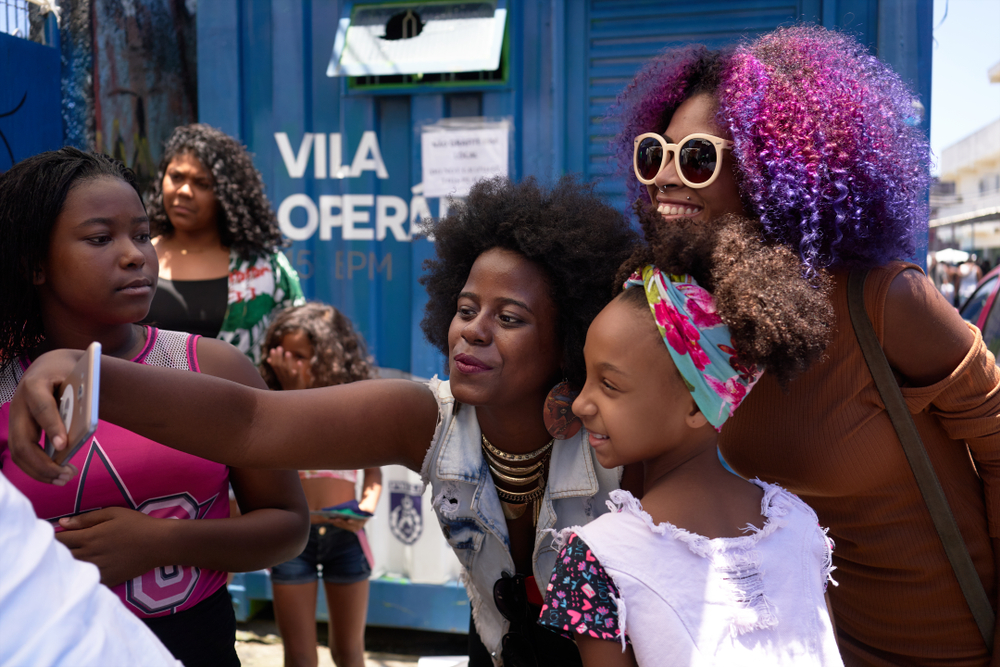David Nemer barely knew who Paulo Freire was when he began his Ph.D. in the U.S., where the Brazilian educator is renowned within academic circles. To be able to hold a conversation with his colleagues, Mr. Nemer began studying Freire’s works, and made an important realization — the critical pedagogist’s texts fit perfectly with the current age of technology.
Mr. Nemer is a researcher at the department of media studies of the University of Virginia, and a faculty associate at Harvard University’s Berkman Klein Center and Princeton University’s Brazil Lab. Last year, he released his second book, “Technology of the Oppressed: Inequity and the Digital Mundane in Favelas of Brazil,” which shows how residents of a group of favelas in Espírito Santo make use of social media, smart phones, and internet cafés in an empowering manner.
In a world where Big Tech firms hold more and more power – even more than some governments – Mr. Nemer argues that small initiatives can make technology more inclusive. And these actions can be as mundane as taking a selfie.
This interview has been edited for brevity and clarity.
Coming from the technology field, why did you decide to start studying Paulo Freire? How is he regarded outside Brazil?
I did degrees in computing and administration in Brazil, and never had any contact with Paulo Freire, it only started during my Ph.D. at Indiana University, where his work is very well known. People came up to talk to me, as a Brazilian, thinking I would be able to debate Paulo Freire. I had no idea he was such a big deal.
I started reading his work, and saw that in Pedagogy of the Oppressed there are timeless concepts that fit the reality of technology. He says that oppression is when the oppressor prescribes a behavior and convinces the oppressed to behave in a certain way. Nothing is more representative of this process than a computer program. For example, when you Google ‘black women,’ it will show you sexualized images, and that’s no coincidence. We live in a sexist, racist society, and this is amplified by the code.
In the book, you write about how...


 Search
Search






































